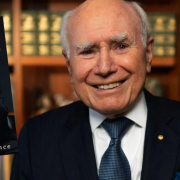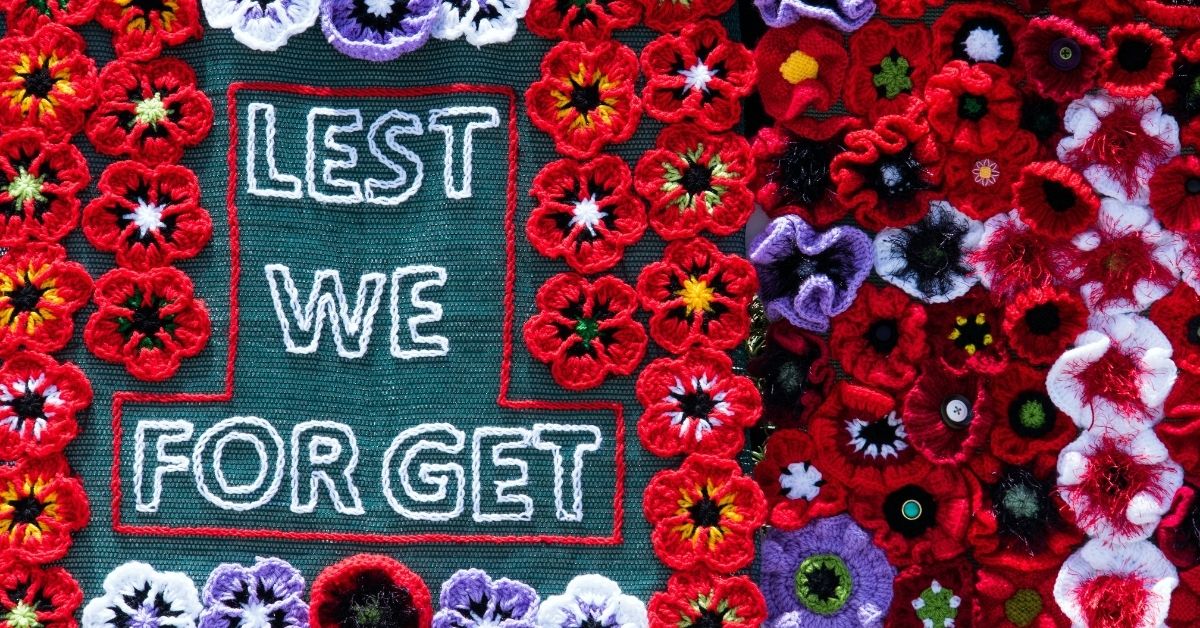7 Healthy Habits That Will Improve Your Marriage
By: Jill Savage
The games were still sitting there. As I was cleaning up after a family gathering, I had put a couple of board games on the bottom step of the staircase.
I assumed my husband would put them away on one of his many trips upstairs.
Except he didn’t. I almost made a snide comment that he was blind and I was the only one who ever saw things on the stairs.
Except I didn’t. Instead, as he was once again heading upstairs, I said, “Honey, would you please grab those games and put them away?”
“Yep,” he responded. Then he tucked the games under his arm.
It hasn’t always been that way—starting to say something one way and then catching myself and replacing those words with something better. In marriage, our thinking, our assumptions and how we talk to our spouses can make a little misunderstanding a big problem.
Mark and I have tried to stop the unhealthy communication patterns that hurt our relationship and have replaced them with relational patterns that strengthen our marriage. You can, too.
Here are seven areas that we can work on improving daily:
Bad habit No. 1: Hinting or complaining
When we give our spouse hints about tasks we want them to do, it’s as though we’re scared to ask for what we want. When we complain, it’s a negative way to convey what we desire. Hinting and complaining are not forms of healthy communication. They require the other person to be a mind reader.
Healthier habit: I caught myself before I started hinting or complaining about the games on the stairs and chose healthier communication. I voiced what I needed. Clearly. Kindly. And without attitude.
Bad habit No. 2: False meaning
Too often spouses assign meaning—the wrong meaning—to a partner’s actions. In my old way of thinking, I would have concluded that Mark was intentionally ignoring the games on the stairs and therefore ignoring my needs. The truth was that he had other thoughts on his mind and didn’t even see the games. Once I asked him to take them upstairs, he was happy to do so.
Mark used to wrongly assign meaning to my emotional steadiness because I rarely cry or have emotional ups and downs. He told himself that I was strong and independent and I didn’t need him. That wasn’t true, but his perception didn’t change until we were able to explore those thoughts in marriage counselling.

Healthier habit: Believe the best about your spouse. I now give Mark the benefit of the doubt and don’t interpret his action as a slight against me. I’ve learned that his behaviour is rarely a reaction to what I think is obvious (like games sitting on the bottom step).
Bad habit No. 3: My way
As humans, we naturally think our way is the right way, so we tend to impose it on others. We want our spouses to think and do things the way we do. However, they see the world through a different lens, and make decisions and conclusions differently. This is why God says, “The two shall become one flesh” (Matthew 19:5). He knows that two perspectives from two different ways of thinking bring more balance. He knows we’re better when we respect each other and work together.
Healthier habit: I’ve had to stop thinking of my husband’s way of doing things as “wrong” and -consider it an alternate way of doing things. I’ve also had to resist the urge to make my way the only way. I started this transition with how we load the dishwasher. Sure, maybe I fit in three more dishes if it’s loaded my way, but efficiency isn’t worth the strain on my marriage.
Bad habit No. 4: Sarcasm
The goal of sarcasm is to offer a put-down in a socially acceptable way so we don’t have to be truthful about what we’re thinking or feeling. It’s a way to communicate indirectly rather than directly, to protect ourselves from the pain that comes with vulnerability.
Healthier habit: I now try to communicate my thoughts, hurts or pain kindly and directly to Mark and allow myself to be vulnerable.
Bad habit No. 5: Reactive listening
Most of us could stand to improve our listening skills. Sometimes we take our turn as the listener only to continue arguing or defending our ideas. This knee-jerk reaction doesn’t create a safe place for sharing openly or help our spouses feel heard. It moves us too quickly from dialogue to debate.
Healthier habit: I listen to understand. Rather than offering my thoughts right away, I reflect on Mark’s comment with, “What I hear you saying is ______________. Is that right?” I’ve learned I don’t have to agree with Mark to let him know I’ve heard him. Not only does this keep our conversation from eroding into an argument, but it also deepens our intimacy if we let our spouses know we’ve heard their hearts and their concerns before ever sharing ours.
Bad habit No. 6: Tone and body language
Too often we put our spouses on defense simply by how we say something. This primes the pump for conflict that doesn’t need to happen. Our tone of voice can convey disgust, disrespect, indifference, contempt, rejection or dismissal. It’s a passive-aggressive way to communicate. The same thing happens with a long sigh, rolling our eyes or crossing our arms.
Healthier habit: I try to remain aware of the intentional and unintentional messages I send through my tone and body language. When I take a couple of deep breaths before responding and remember my husband’s tender heart, my responses are kinder and more respectful. Sometimes it’s easier to be kind when I hold my husband’s hand before talking.
Bad habit No. 7: The silent treatment
Punishment, control and manipulation have no place in a healthy marriage. The silent treatment is a form of all three. We do this by withholding emotional intimacy and connection. It’s an underhanded way to inflict pain on someone who has caused us pain.
Healthier habit: Forgive. This is initially between me and God. When I choose to forgive, I put the hurt in God’s hands and let it go. Then if I feel the need to address the problem with my husband, I can talk to him with a humble heart, sharing how he has hurt me.
.
Article and video supplied with thanks to Focus on the Family Australia.
About the Author: Focus on the Family Australia is a Christian not-for-profit that offers relevant, practical support and resources to help families thrive in every stage of life.









